Q&As
-
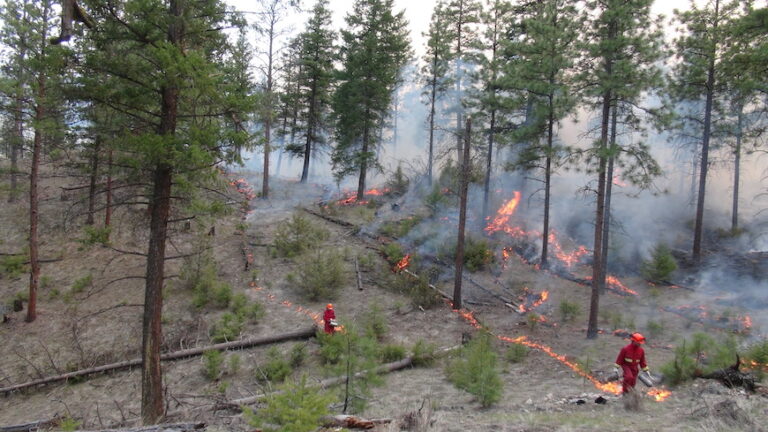
The 2024 wildfire season has started – here’s what we need to know
We spoke with UBC researchers Dr. Lori Daniels and Dr. Mathieu Bourbonnais about the outlook for wildfire season, and how communities can prepare for a challenging year.
-

Why your plans to age in place need to start now
Dr. Karen Humphreys, clinical instructor from UBC’s faculty of medicine and internal medicine specialist, pulls together advice on fitness, functionality and financial health for the wave of Canadian baby boomers who may soon find themselves in a social safety net that is fraying under their weight.
-

Young people at the centre of the toxic drug crisis
Dr. Danya Fast captures the experience of youth who use drugs in her new book, The Best Place: Addiction, Intervention, and Living and Dying Young in Vancouver.
-
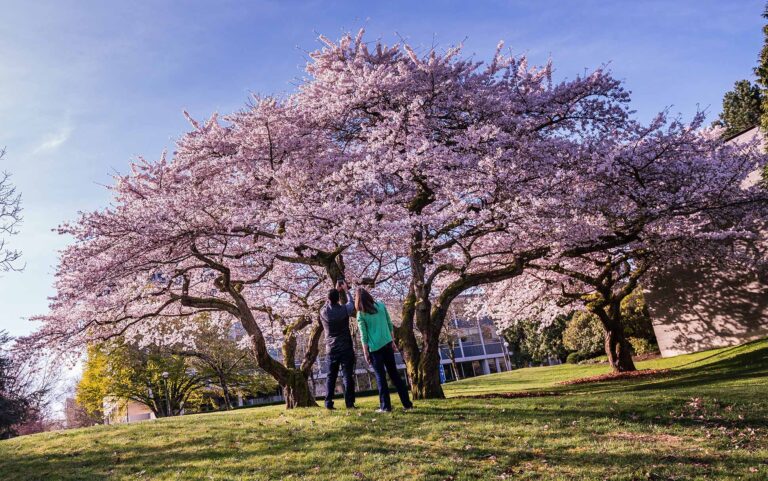
Global contest aims to predict peak bloom dates for cherry blossoms
We spoke with Dr. Elizabeth Wolkovich at UBC Faculty of Forestry and her colleagues about why the competition is significant for both researchers and citizens.
-
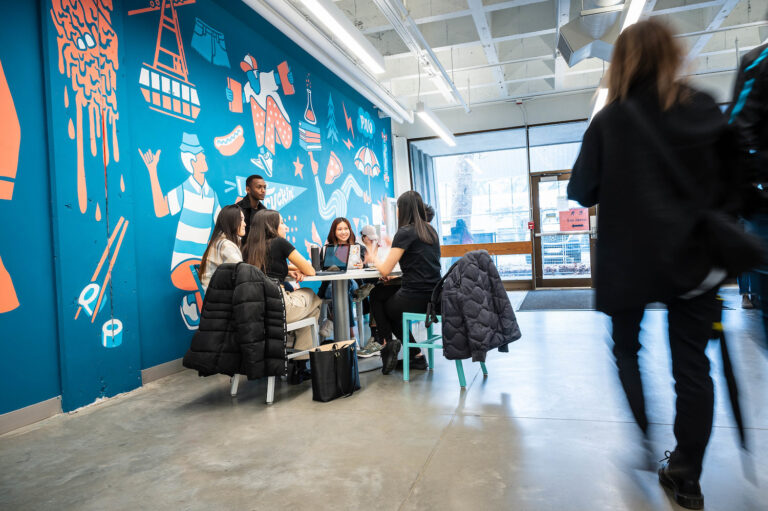
How the international student cap affects immigration to Canada
We spoke to Dr. Lisa Brunner, a postdoctoral fellow at UBC’s Centre for Migration Studies, who studies the links between international migration and education.
-
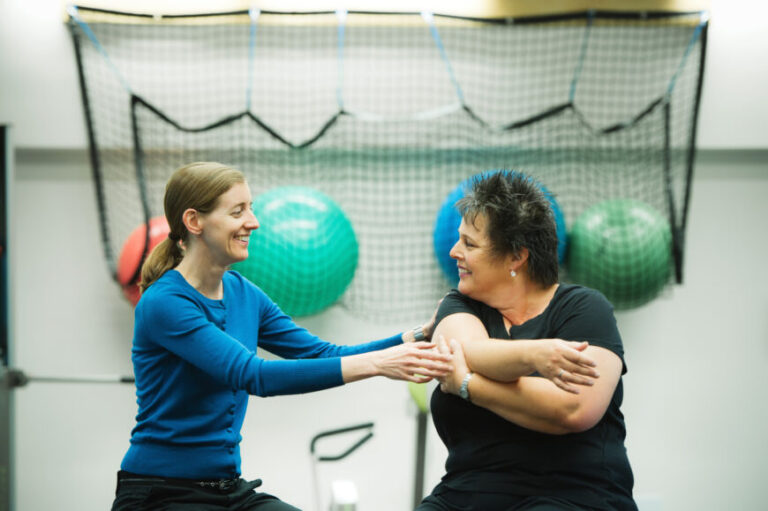
How exercise can boost cancer treatment and recovery
A team of UBC researchers wants to help people living with cancer incorporate exercise as an important part of their treatment and recovery.
-

Flawed foreign ownership narratives drove ‘housing nationalism’ in Canada
In this Q&A, UBC sociologist Dr. Nathan Lauster and co-author Dr. Jens von Bergmann explain further the trend and reveals more surprising statistic.
-
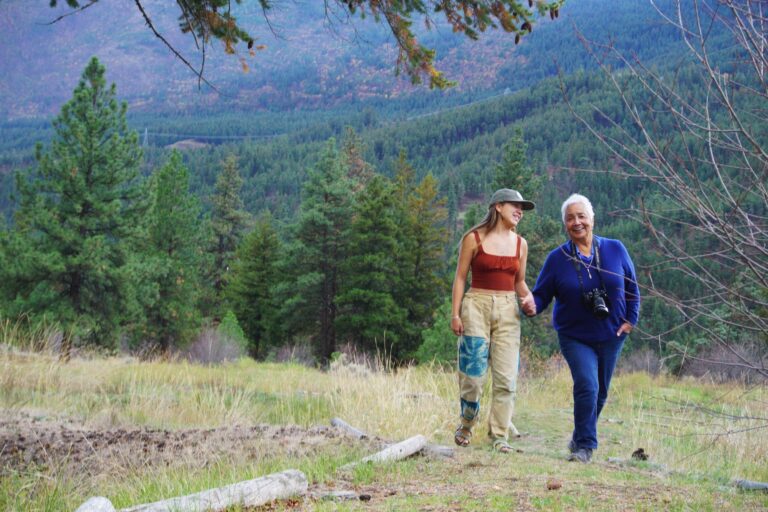
How to conduct scientific research with Indigenous Peoples and Lands in a good way
In this Q&A, UBC Indigenous fisheries researcher Dr. Andrea Reid and her co-workers weigh in.
-

ChatGPT has read almost the whole internet. That hasn’t solved its diversity issues
In this Q&A, Dr. Vered Shwartz, assistant professor in the UBC department of computer science, and masters student Mehar Bhatia explain why reasoning could be the next step in AI—and why it’s important to train these models using diverse datasets from different cultures.



